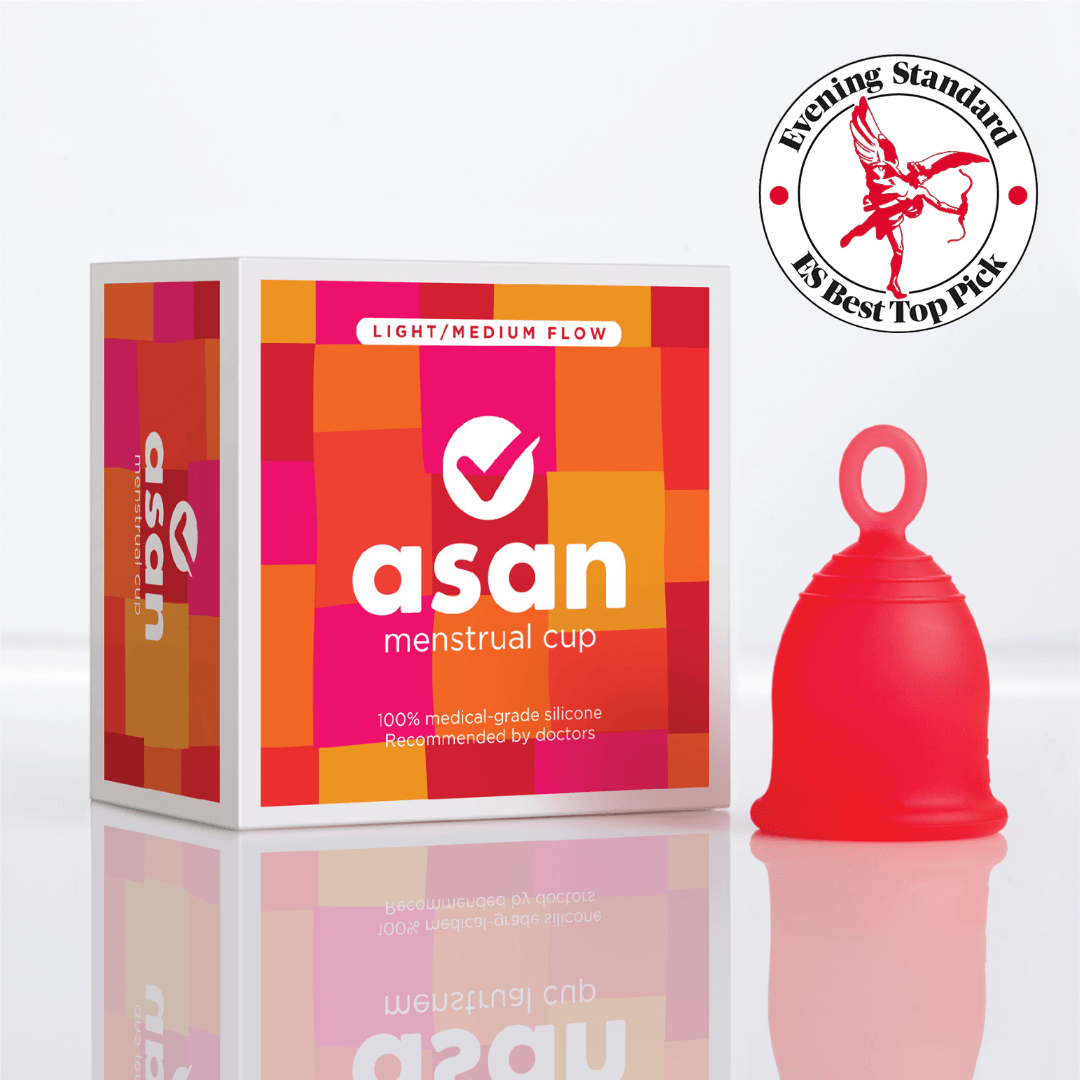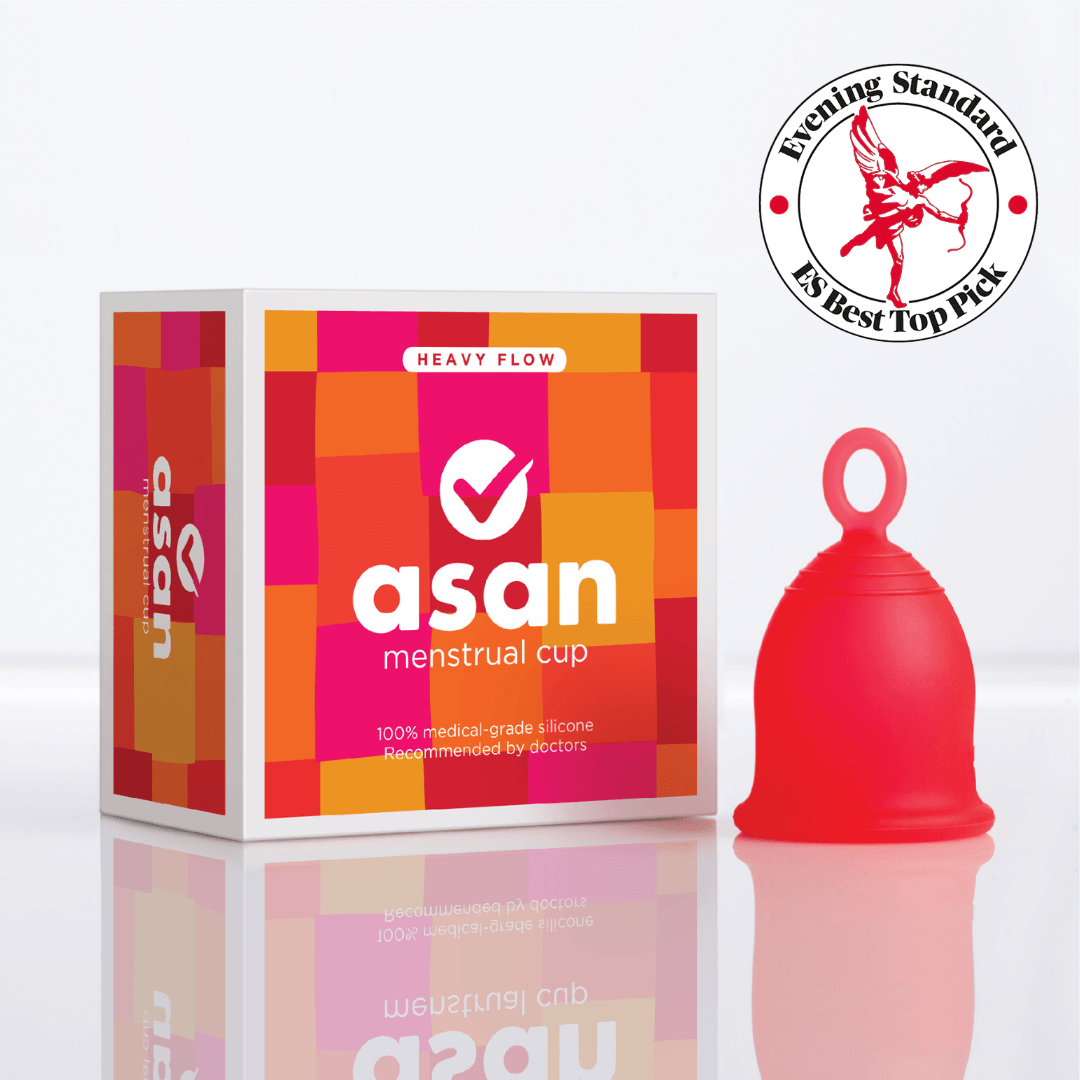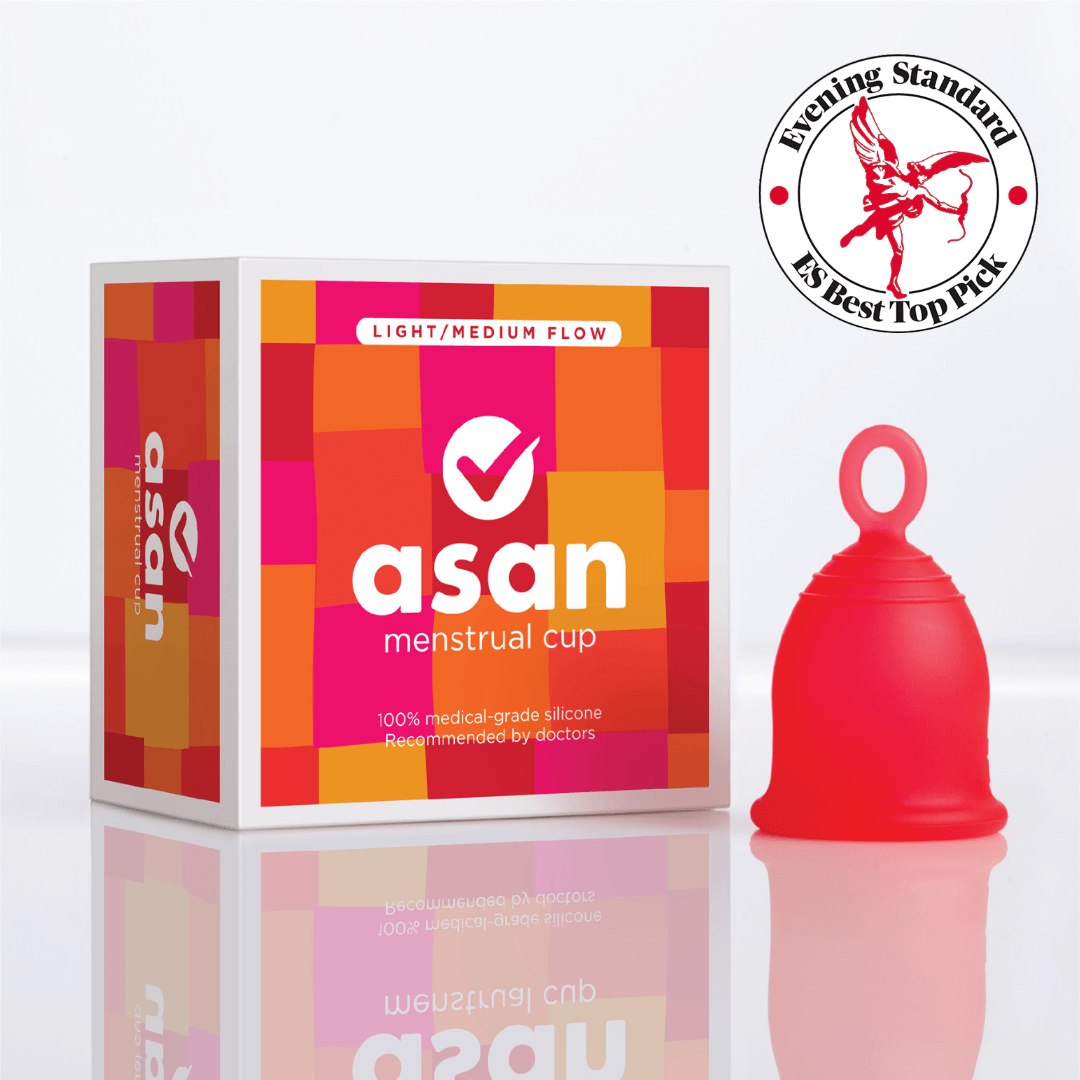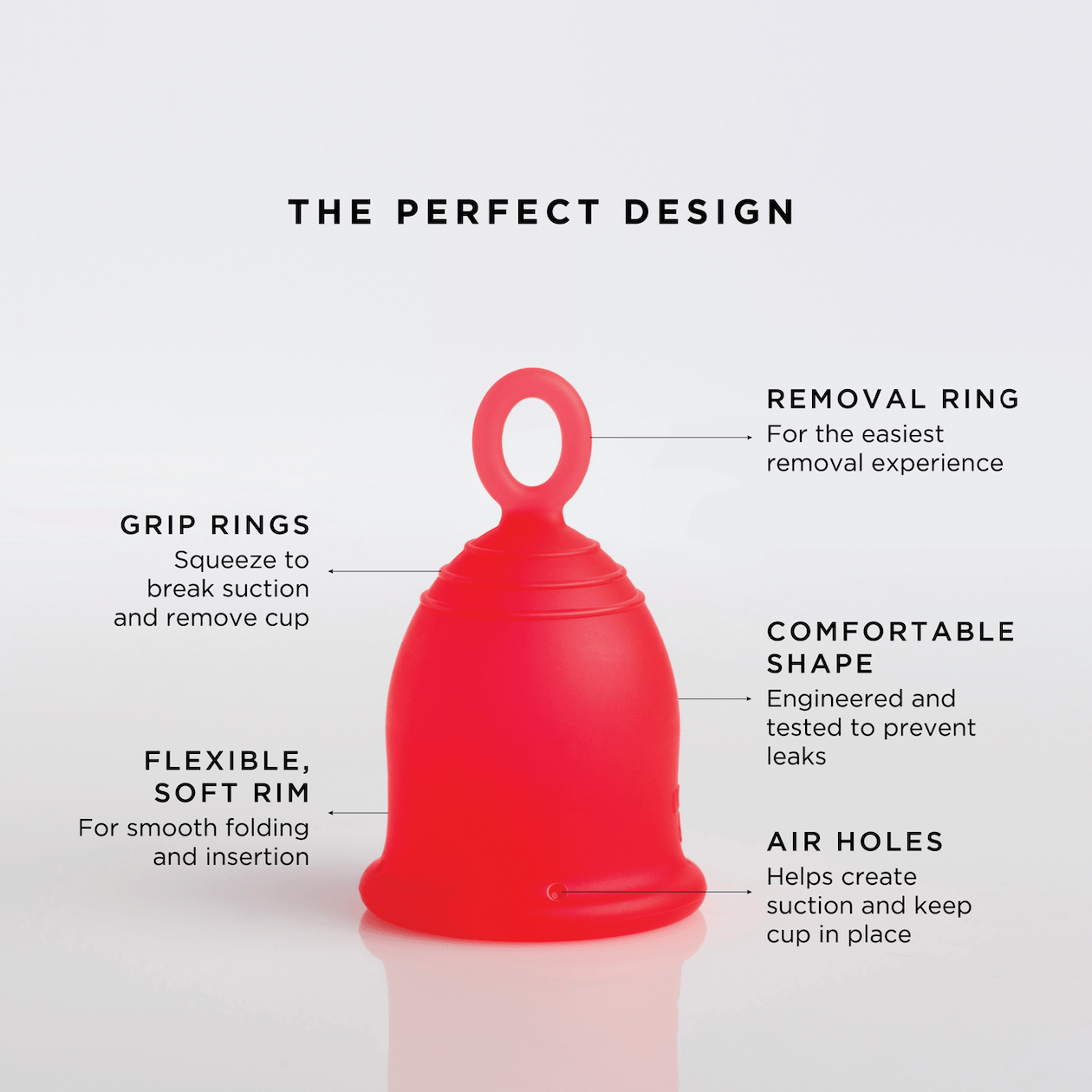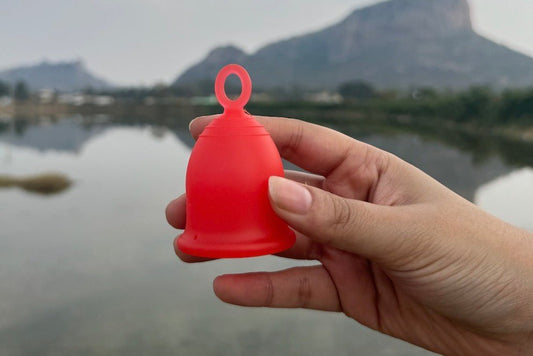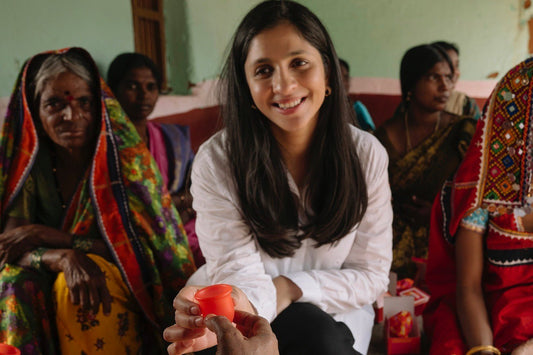This blog post was written by Laura Coryton, author, activist and founder of Sex Ed Matters, an award-winning social enterprise dedicated to strengthening sex education across the UK. You can sign up to her newsletter here.
Asan and Sex Ed Matters UK have teamed up to bring you an exclusive offer on the Asan menstrual cup. Use coupon code SEXEDMATTERS for 25% off on www.asancup.com
 Period activism is for everyone, no matter your age, gender or background. There is something powerful you can do to tackle period stigma and ensure menstrual equity right here, right now. Here are six ideas to inspire you!
Period activism is for everyone, no matter your age, gender or background. There is something powerful you can do to tackle period stigma and ensure menstrual equity right here, right now. Here are six ideas to inspire you!
what is period stigma?
Firstly, let’s explore the term ‘period stigma’, which refers to the embarrassment associated with periods and menstruation.
All over the world, we’re taught that periods are something to be feared and considered unhygienic or disgusting.
For example, in the UK we’re often taught to be discreet about taking period products to the bathroom and as a result it’s become normal to hide products up your sleeve, or to only talk about periods with female family members and friends.
Similarly, in some countries across the world, you aren’t allowed to enter a place of worship while menstruating as it’s considered ‘impure’.
While there are many theories about where this menstrual stigma and taboo stems from, most accept it’s a form of misogyny. Generally, we’re taught there are two types of issues in this world: societal issues and women’s issues, and the two rarely intertwine.
This harmful division has resulted in topics such as periods being excluded from public discourse, which has sidelined injustices like period poverty and embarrassment.
There is so much research which paints a shocking picture of how this stigma (and the misogyny that underpins it) impacts the population, including:
- Over one in four (28%) are struggling to afford period products.
- Nearly 1 in 5 (19%) report being unable to afford period products at all since the start of 2022, of which 1 in 10 used a foodbank to obtain free period products.
- Lack of knowledge of where to go (44%) or who to ask (38%) to find a source of free period products are the top two barriers preventing girls who have struggled to afford them but have not tried to find a free source.
- half of girls who struggled to afford period products since the start of 2022 had to cut back on food and groceries to be able to buy them.
- Those struggling to afford period products also report cutting back spending on school supplies (23%, up by a third on last year), and non-prescription health products (19%).
 This problem may be shocking and is absolutely disgraceful, but it is solvable.
This problem may be shocking and is absolutely disgraceful, but it is solvable.
We need to bring periods out of the dark and into the light. We need to showcase that ‘women’s issues’ are societal issues and the two should never be separated.
Here’s how you can be a part of the menstrual equality movement and help us achieve this.
what can you do?
There are many actions you can take right now to tackle period stigma and enable menstrual justice. Here are six ideas to inspire you!
1) sign a period petition!
There are lots of petitions out there to sign which will improve access to period products and menstrual health education, and challenge the stigma.
For example, I started a petition in 2014 to end ‘tampon tax’, which was the unfair and sexist additional ‘luxury’ tax rate applied to period products. Having campaigned about this for years and with the backing of over 300,000 people, our petition succeeded in 2021 when Rishi Sunak MP announced the tax would officially be axed!
HOWEVER, shockingly we’re still waiting for the financial benefit. A new report showed retailers haven’t passed on the savings to customers as prices of period products have yet to drop. This amounts to a whopping £15m every year!
So, we’ve started yet another tampon tax petition lobbying supermarkets to do the right thing during the cost of living crisis and reduce period product prices in line with tampon tax ending. Please consider signing and sharing! www.change.org/droptampontax
 2) get free period products into your local school
2) get free period products into your local school
The Government runs a Free Period Scheme through which all state schools in England and Wales can access free menstrual product donation. This was launched after research proved 10% of menstruators in the UK miss school every month due to period poverty.
Yet, only 36% of state schools are currently signed up to this scheme, in part due to the caveat that schools need to continuously opt-in to the scheme and few know it exists.
To help combat period poverty in your local school, you can ask the school governing body to order the free products they’re entitled to by emailing periodproducts@phs.co.uk if they’re in England or your local government in Wales.
Schools are entitled to as many free period products as they need throughout the year.
 3) update your language
3) update your language
Language is important. Often, misogyny can penetrate the phrases we’re taught without us even being aware of it!
This is the case for words we’ve been taught about periods. For example, the phrase ‘menstrual hygiene products’ implies periods are unhygienic when in reality they’re perfectly clean and very normal.
Instead, you could say ‘menstrual products’ or ‘period products’. Using these accurate terms helps debunk period stigma, one word at a time!
4) support your friends
Checking on your friends if you know they’re on their period can be a really powerful way to let them know it’s okay to talk about periods and that you’re here for them.
For example, you could ask if they need products, painkillers or jokes! Find their love language during their period.
5) speak up when you need help
Always seek medical help if you’re experiencing period pain which impacts your daily life.
Please never suffer in silence. Going to your doctor about period pains will help empower others to do the same.
6) be open and confident
Speak openly and confidently about periods to your friends, family and teachers.
To do this you could speak up when you are on your period by letting your loved ones know if you need products, help or support - they’re here to help.
Alternatively, if your work or studies are impacted by your period, tell your supervisor or teachers openly and honestly what’s going on. The more people who do this, the more normalised it will become.
Thank you for your interest in tackling period stigma! Keep us updated with your period poverty initiatives and period activism campaigns by tagging @asancup or @sexedmattersuk on socials!
This blog post was written by Laura Coryton, author, activist and founder of Sex Ed Matters, an award-winning social enterprise dedicated to strengthening sex education across the UK. You can sign up to her newsletter here.
Asan and Sex Ed Matters UK have teamed up to bring you an exclusive offer on the Asan menstrual cup. Use coupon code SEXEDMATTERS for 25% off on www.asancup.com

